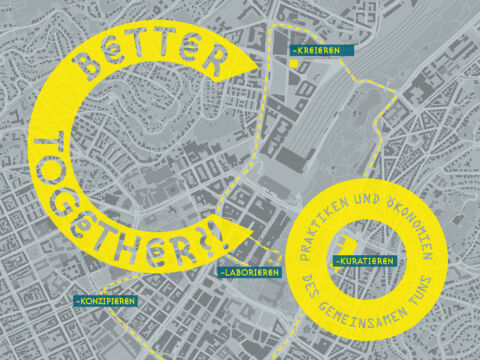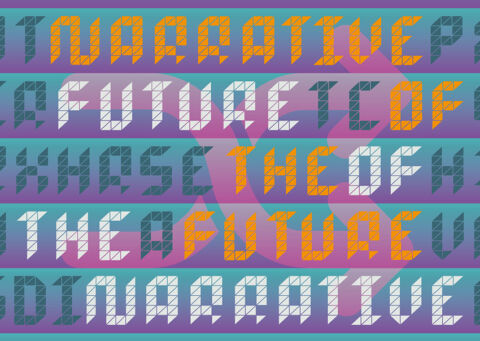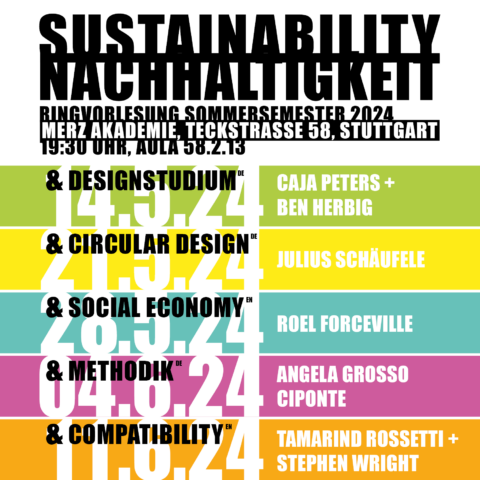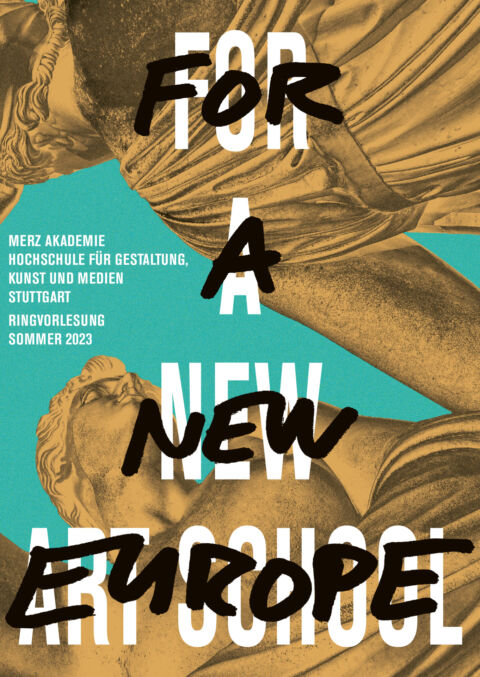The fact that cinema can depict light, things, people and movements seemingly directly has established realism as one of the great promises of cinema. Seemingly, because “reality” is a media effect and “realism” is a political strategy for dealing with this effect.
Cinematic realism has therefore always dealt with the questions that arise from the gap between reality and its cinematographic reproduction:
In what ways are realities translated in film?
How do historical, medial, ideological realisms and reality effects differ?
How can we narrate what moves between the different layers of reality and points beyond them (relationships, dreams, utopias)?
What technical and narrative means can we develop for this?
And: How can the realism of cinema cope with a reality that is unacceptable by any stretch of the imagination?






